Trending post
In a shocking twist of events, it has emerged that Google plans have been canceled for its second generation of Pixel Tablets. The first model was only launched last year and rumors were that the development of its third generation had been scrapped. It now seems that the company dropped the development of the second iteration altogether. This might be the end of Google’s brief return to the tablet market, which now marks yet another failure in the company’s quest to establish a meaningful presence in this area.

Sales Performance Lackluster. Cancelled: The Second-Generation Pixel Tablet
From all accounts, the second-generation Pixel Tablet was cancelled primarily because of miserable sales performance of the original model. While the Pixel Tablet is competitively priced and features an innovative speaker dock accessory, it failed to get the consumer interest this device needed to stand behind future investment. The Pixel Tablet reportedly didn’t meet demand expectations from Google, and so development on the updated version came to an end. Just last week, rumors had surfaced suggesting new features and a potential keyboard accessory for the follow-up tablet, making the sudden cancellation even more unexpected.
Google has once again failed to succeed with a tablet that could seriously challenge the dominance of Apple’s iPad. On the fifth anniversary of its return to the market, its second time to fail, the company now seems even more out of rhythm in attempting this sort of product.
A History of Inconsistent Tablet Strategies
This is not the first time Google has sought and failed to make a lasting impact in the tablet market. The company took its first bite of the tablet pie with the Nexus 7 in 2012, which flew off the shelves with critical acclaim. However, after that initial success, Google’s efforts in the tablet market have steadily tapered off with subsequent products failing to deliver enough momentum. The Pixel Slate, launched in 2018, proved to be an especially tough blow for Google. The Pixel Slate was also badly panned by critics, leading Google to announce in 2019 that it is done with tablets for good.
After a brief hiatus, Google changed its course and announced in 2022 that it was actually working on a new tablet under its Pixel brand. This effort finally came in the form of the $499 Pixel Tablet launched in 2023, marketed with a magnetic speaker dock. The device packed solid hardware and good integration with Google’s ecosystem but failed to stand out significantly in a crowded tablet market and did not take off as Google had hoped.
Could Google Shift Focus to Smart Displays?
With the cancelation of its second-generation tablet, Google may shift its focus away from traditional tablets and onto larger-screen smart displays-the category that has enjoyed growth in recent months. Google’s Nest division, which produces the company’s smart home products, has made significant strides in the Nest Hub and Hub Max. These devices, bringing together smart display functionality with Google’s voice assistant, could become the center of attention for Google’s future endeavours in the large-screen product category: replacing tablets as the company’s principal offer.
This would not be a huge surprise, however, since the smart home space is one in which Google has an existing established presence, and it seems like it may be a more attractive space to compete in than battling it out in the tablet market with Apple’s iPad. Even more specifically, Nest Hub has been an extremely popular item with consumers looking for a smart display that is also serving as a home hub for automations, making it perhaps an even more enticing alternative for Google to compete in.
Challenges in the Android Tablet Market
Another factor contributing to Google’s struggles in the tablet market is the Android ecosystem’s limitations in comparison to iPadOS. While Apple’s iPad has flourished with a wealth of optimized apps for tablet use, Android tablets have often been criticized for a lack of such optimization. The Android operating system, despite all its flexibility, has yet to match up with iPadOS features, in the end adding to Google’s failure to consolidate in the tablet category.
Given this, Android tablets have been unable to deliver the consumer confidence in the experience, especially when compared to the iPad, which, with its well-refined software and incredible choice of apps, remains atop the tablet market.
source androidauthority
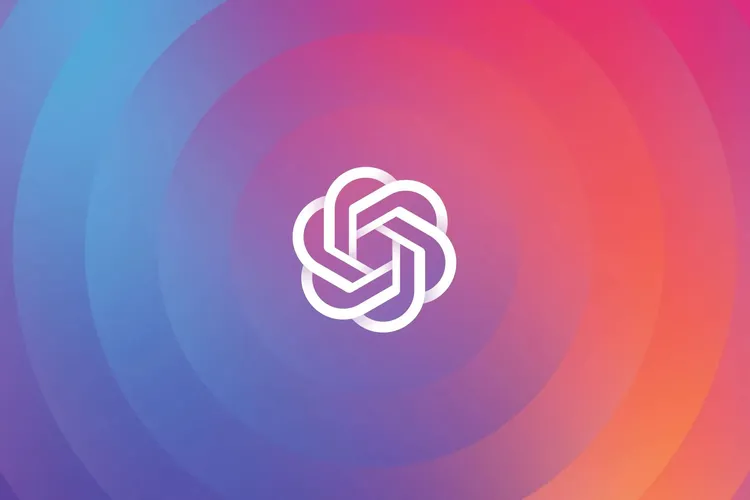
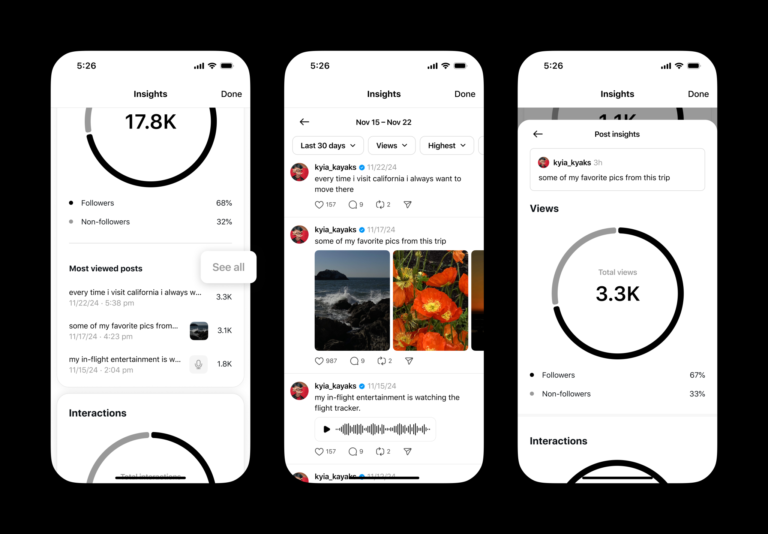

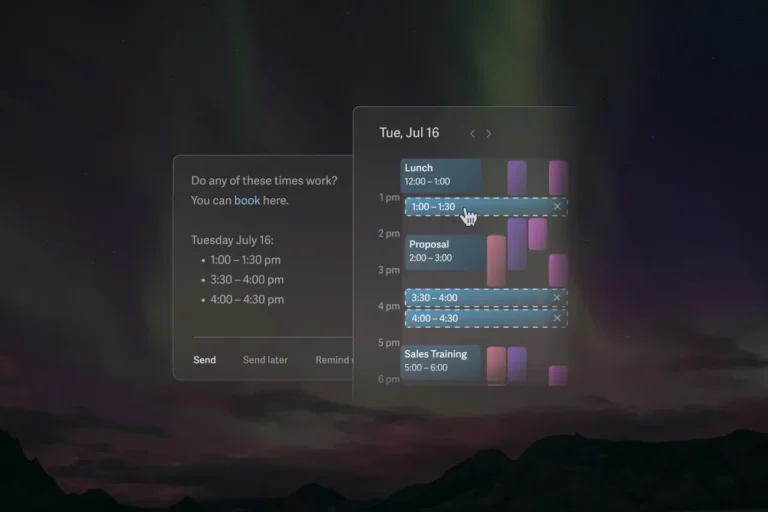
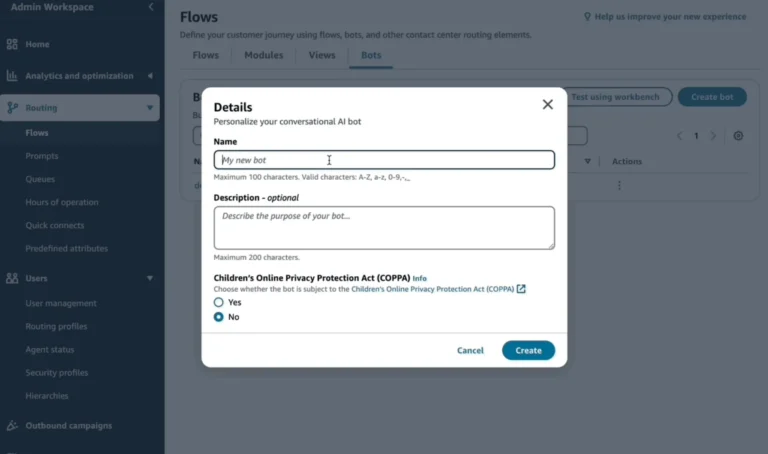

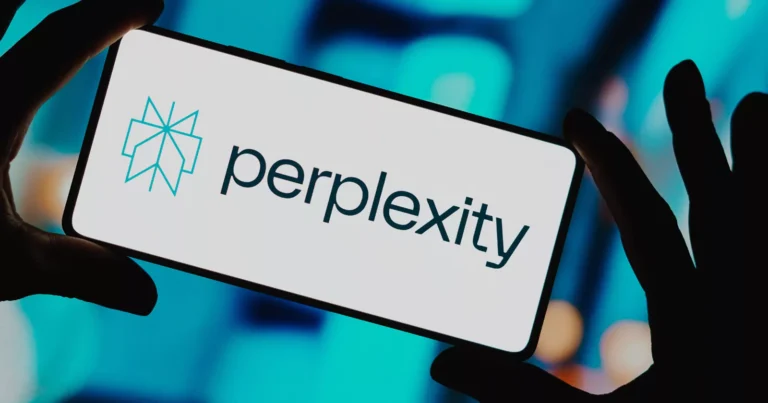




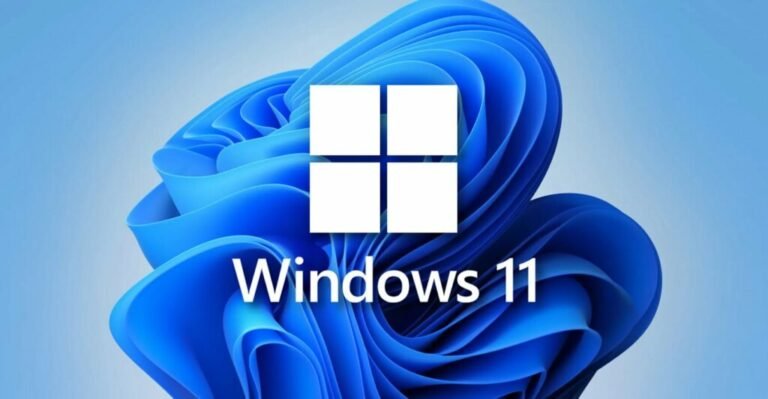
Pingback: Fitbit Replaces Google Fit On Oppo Find X8 Series